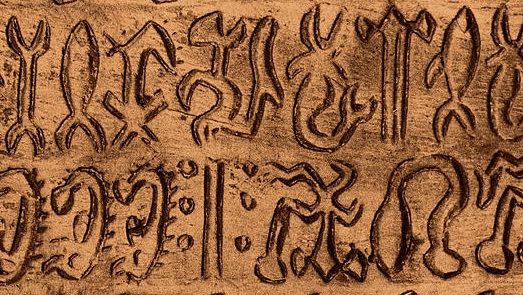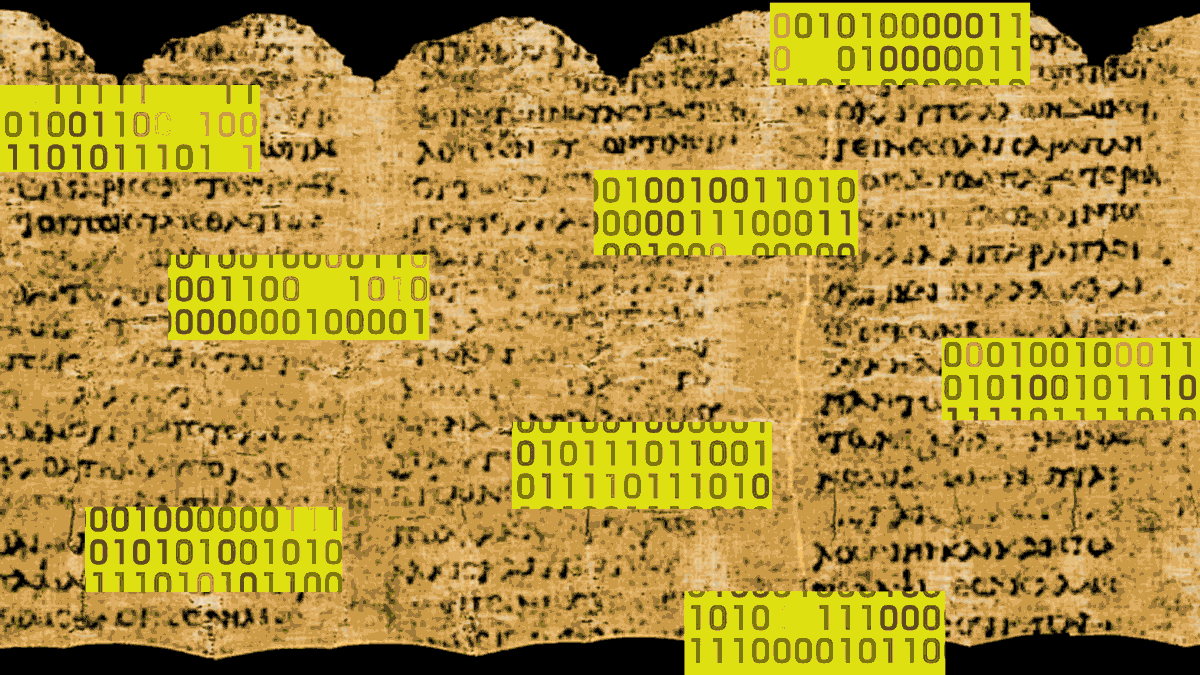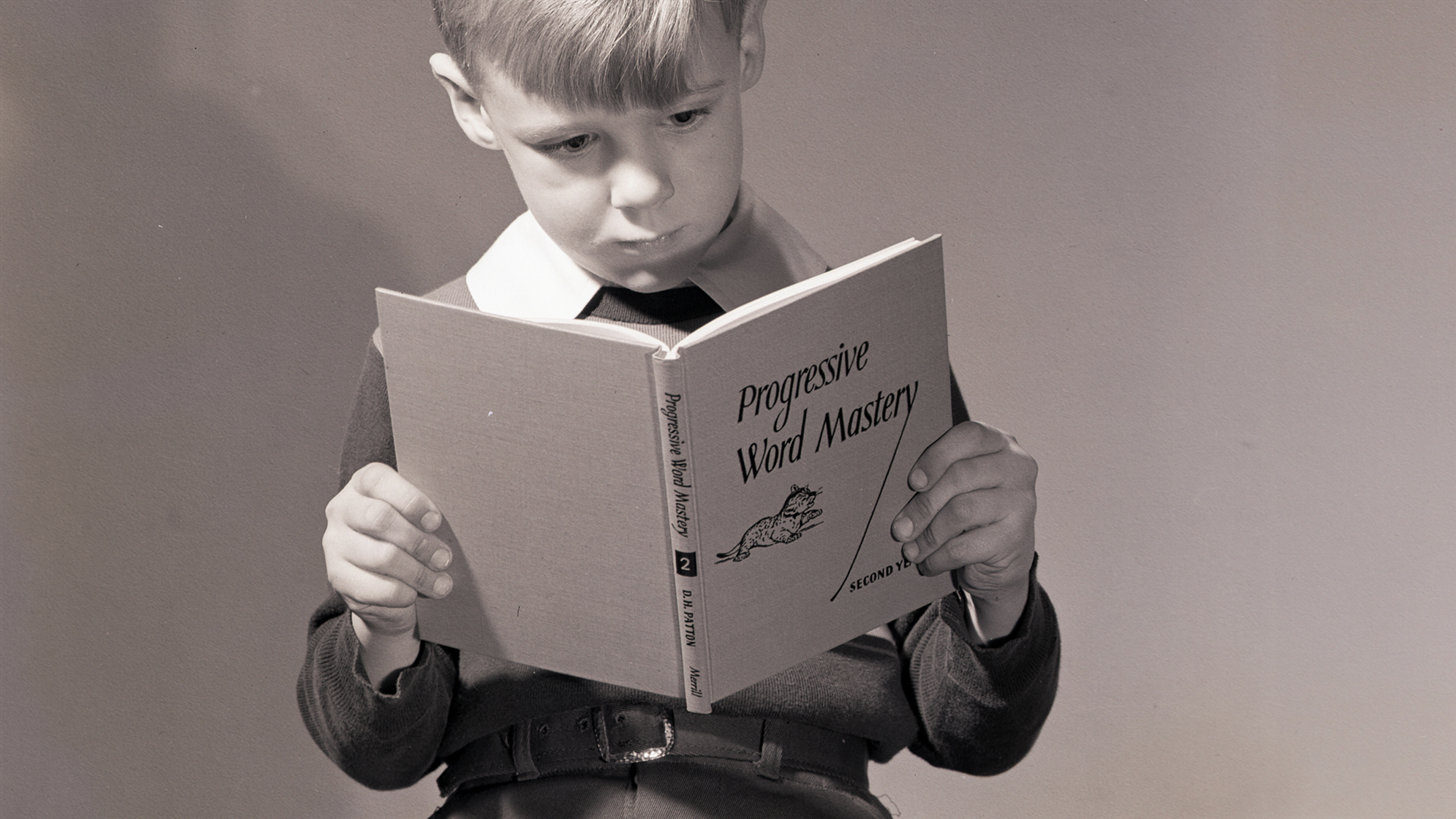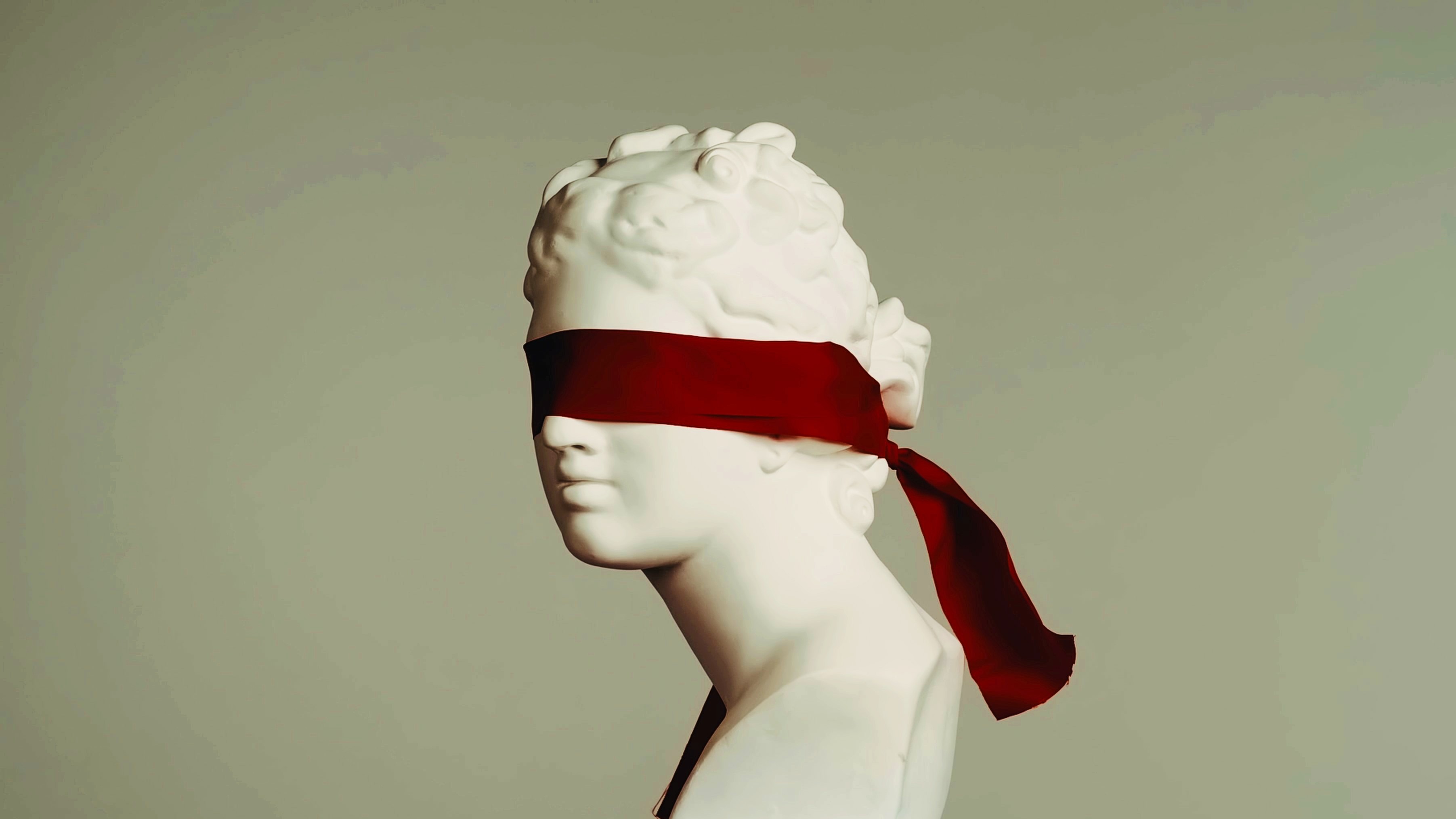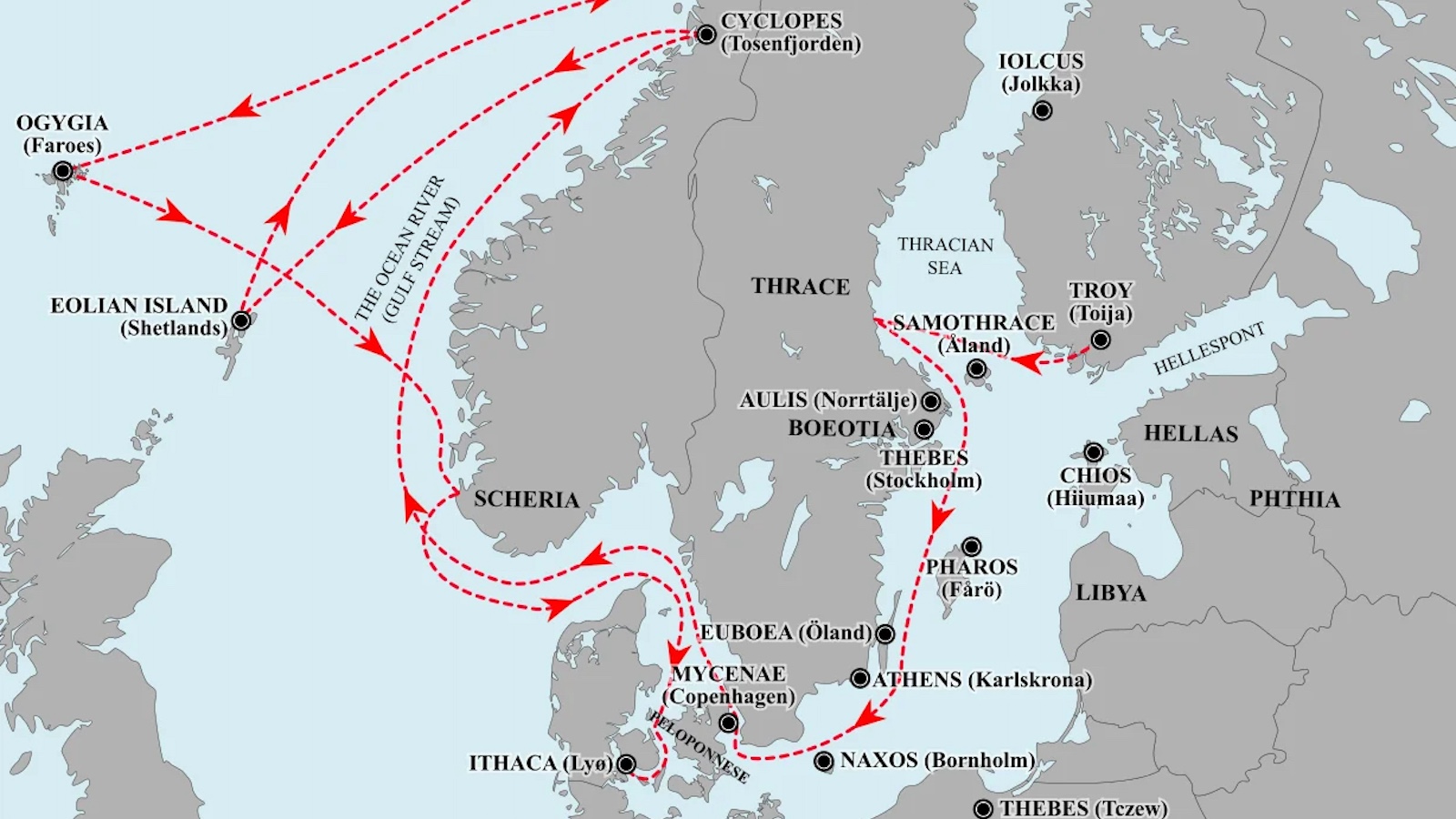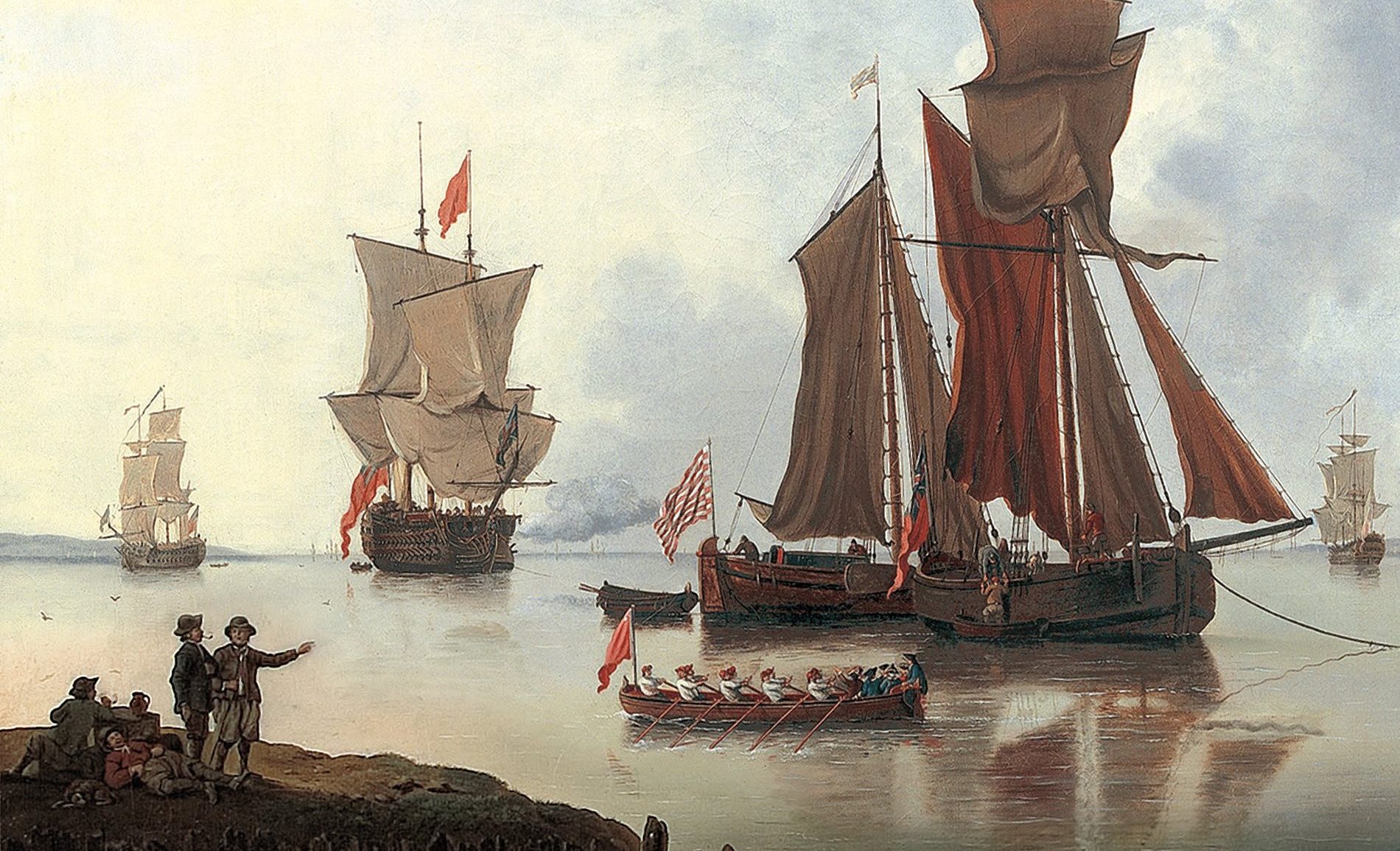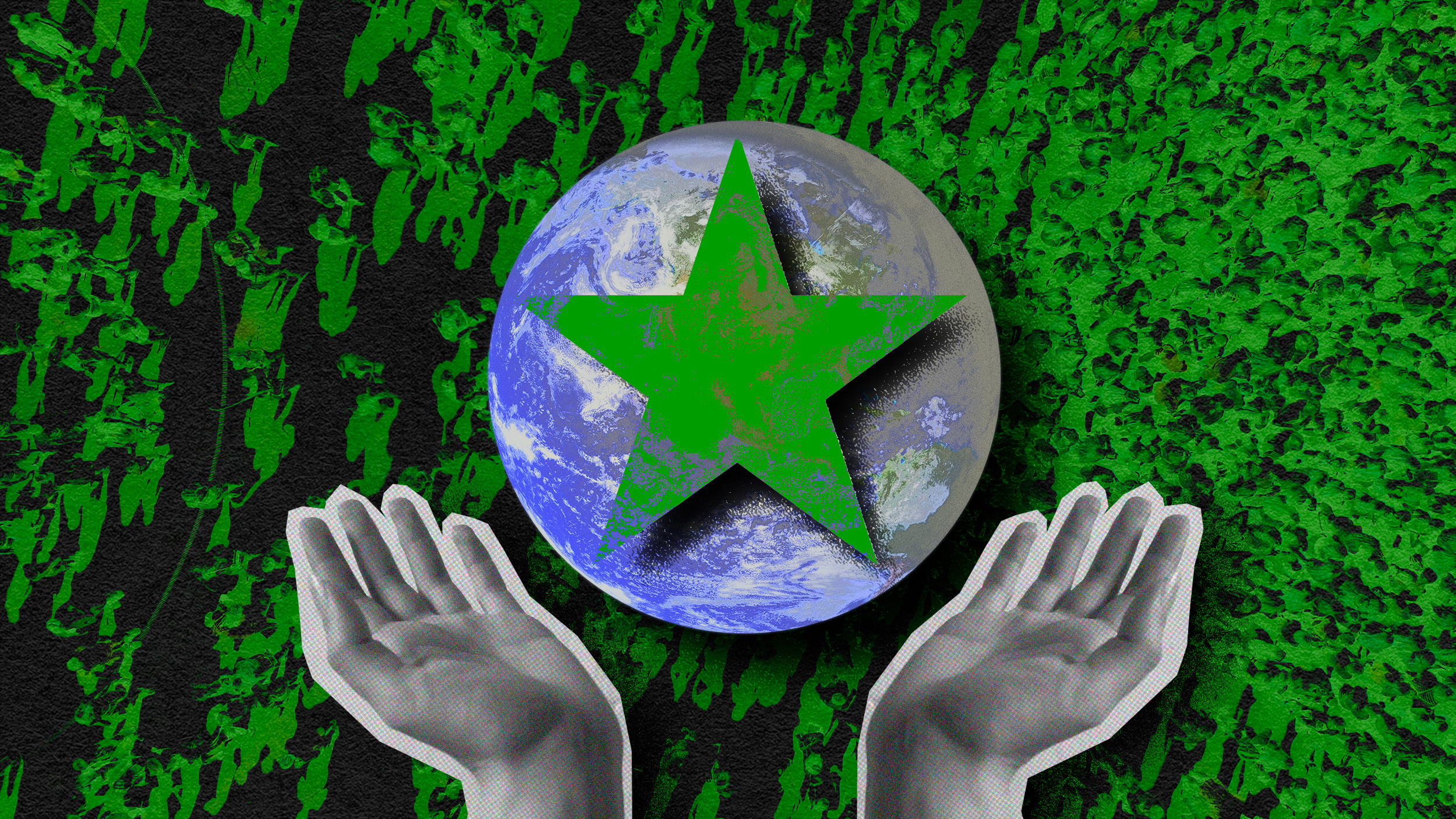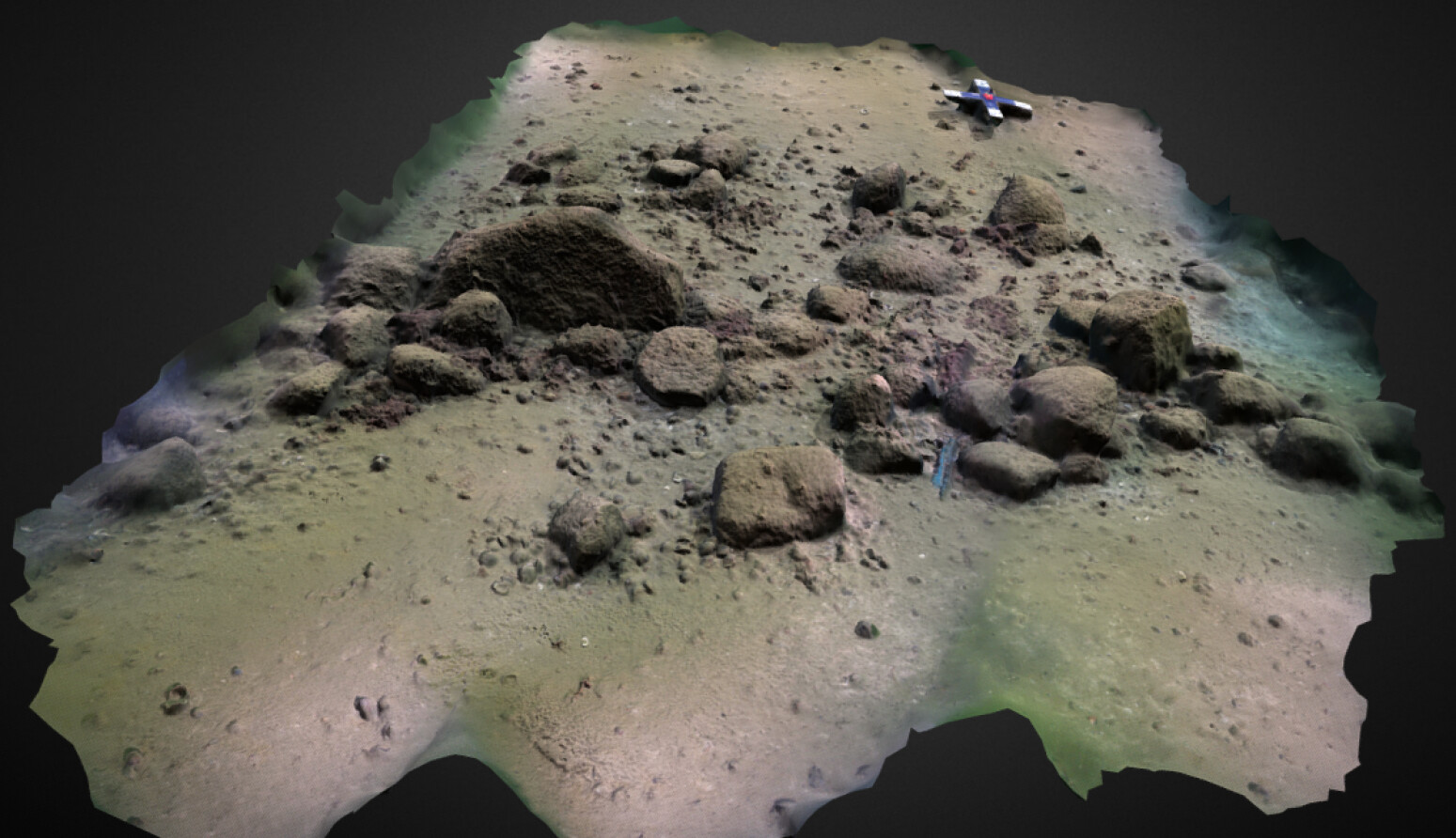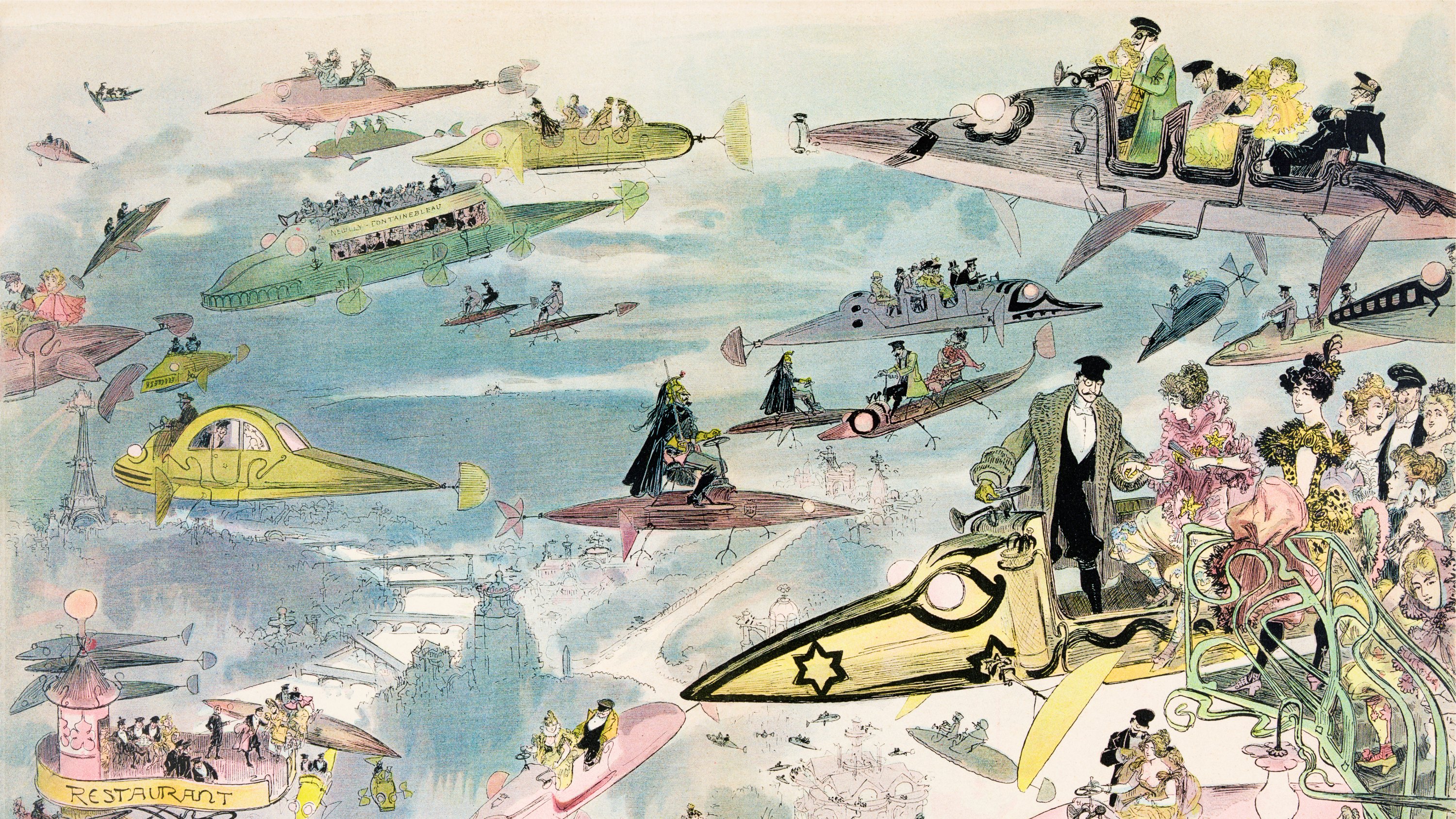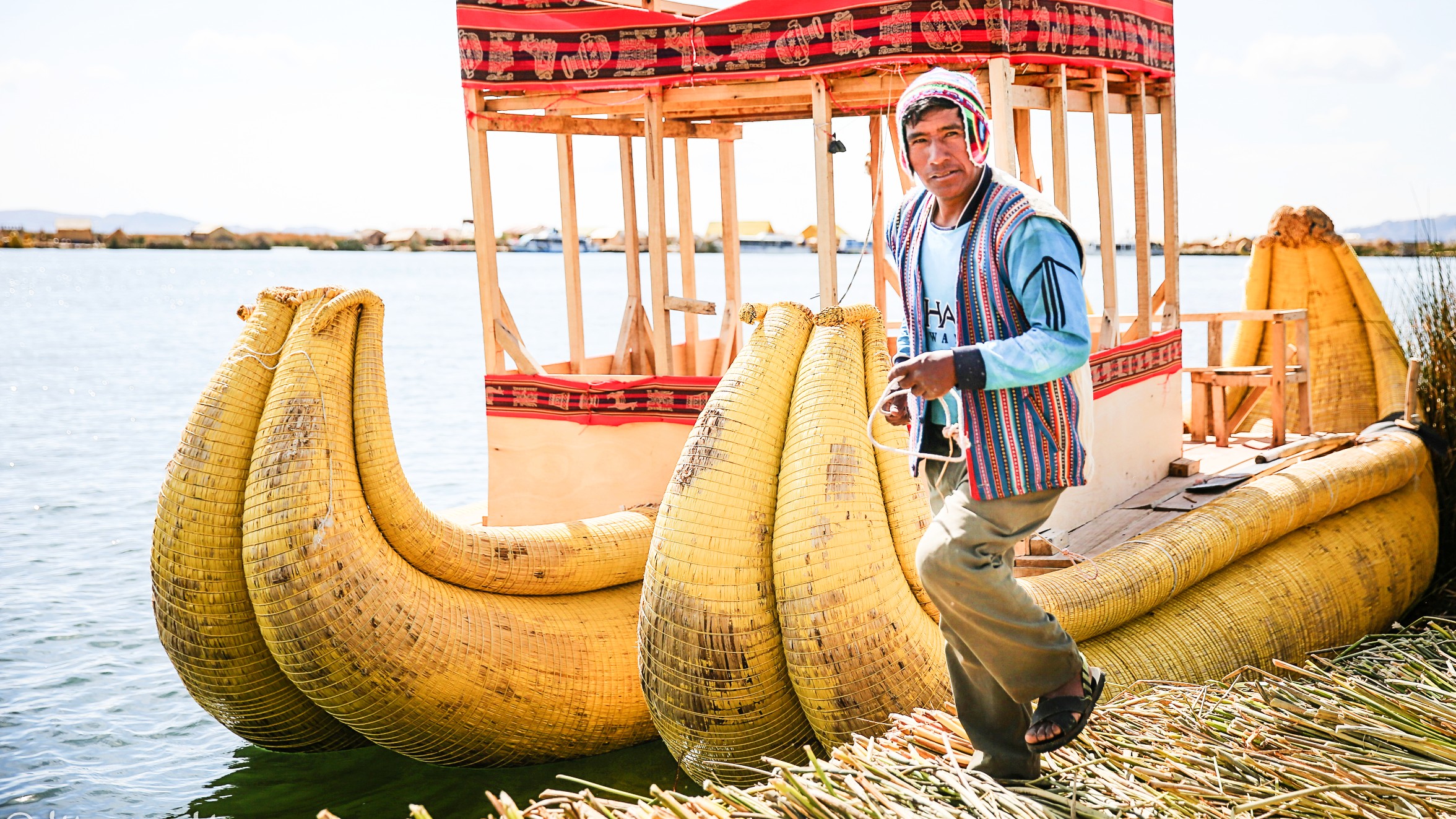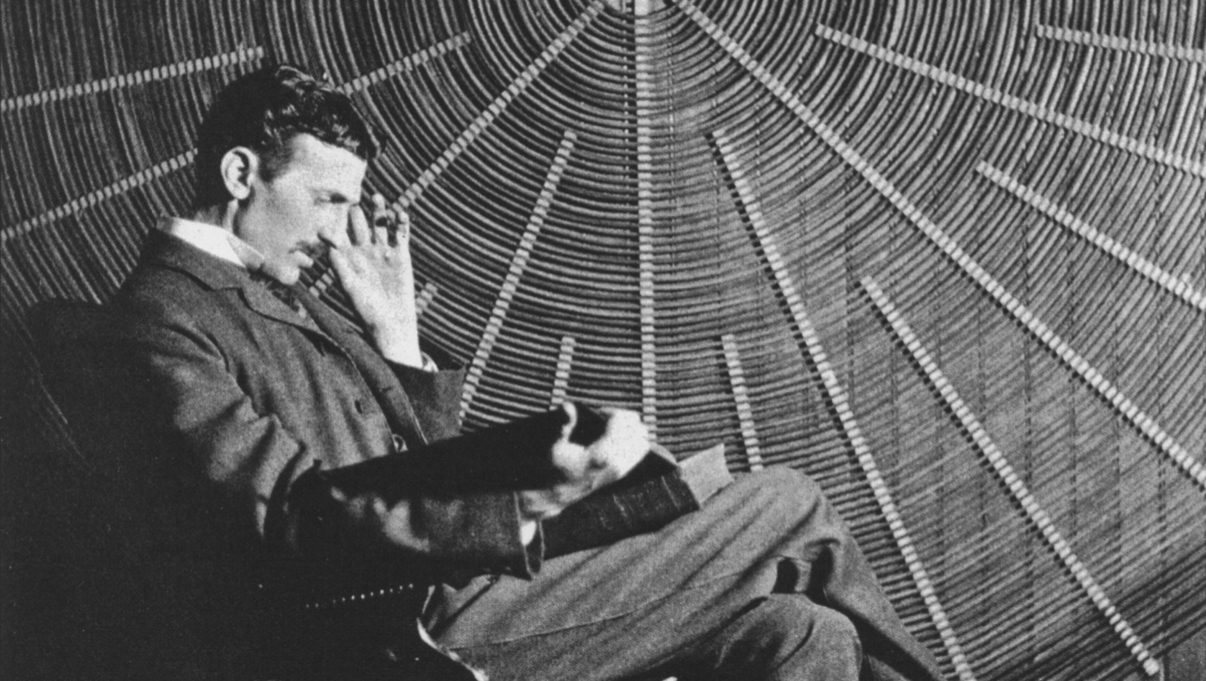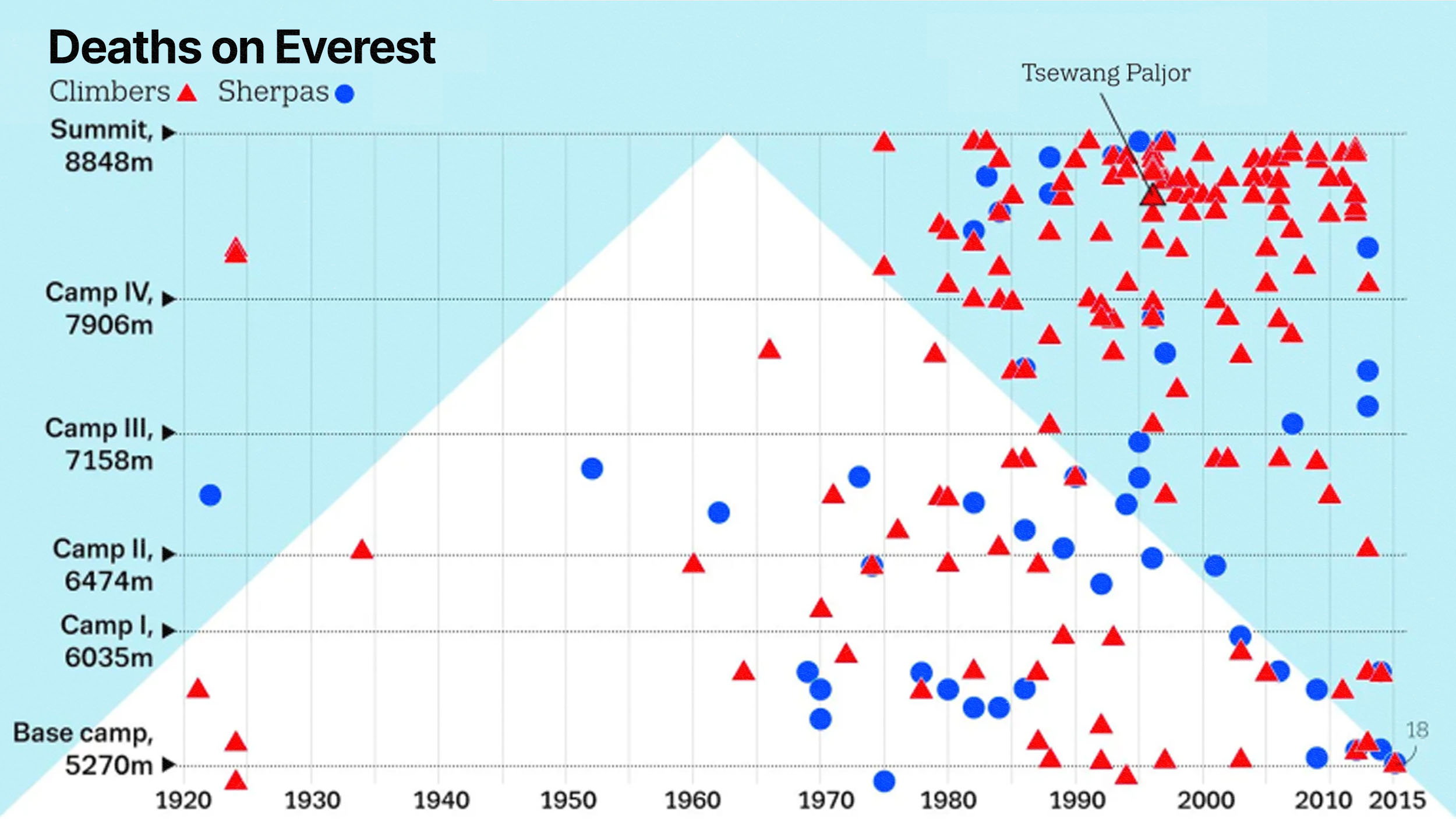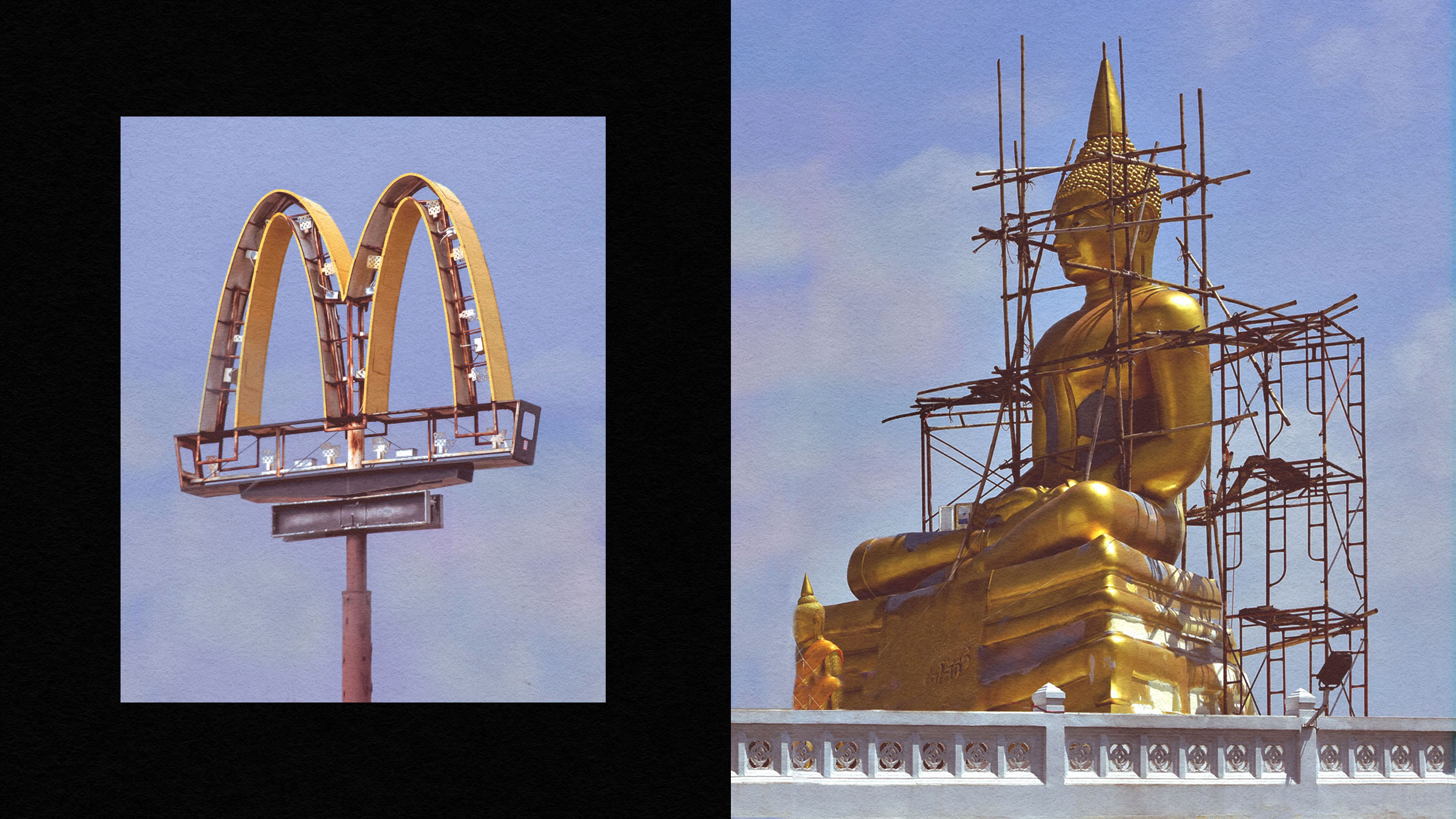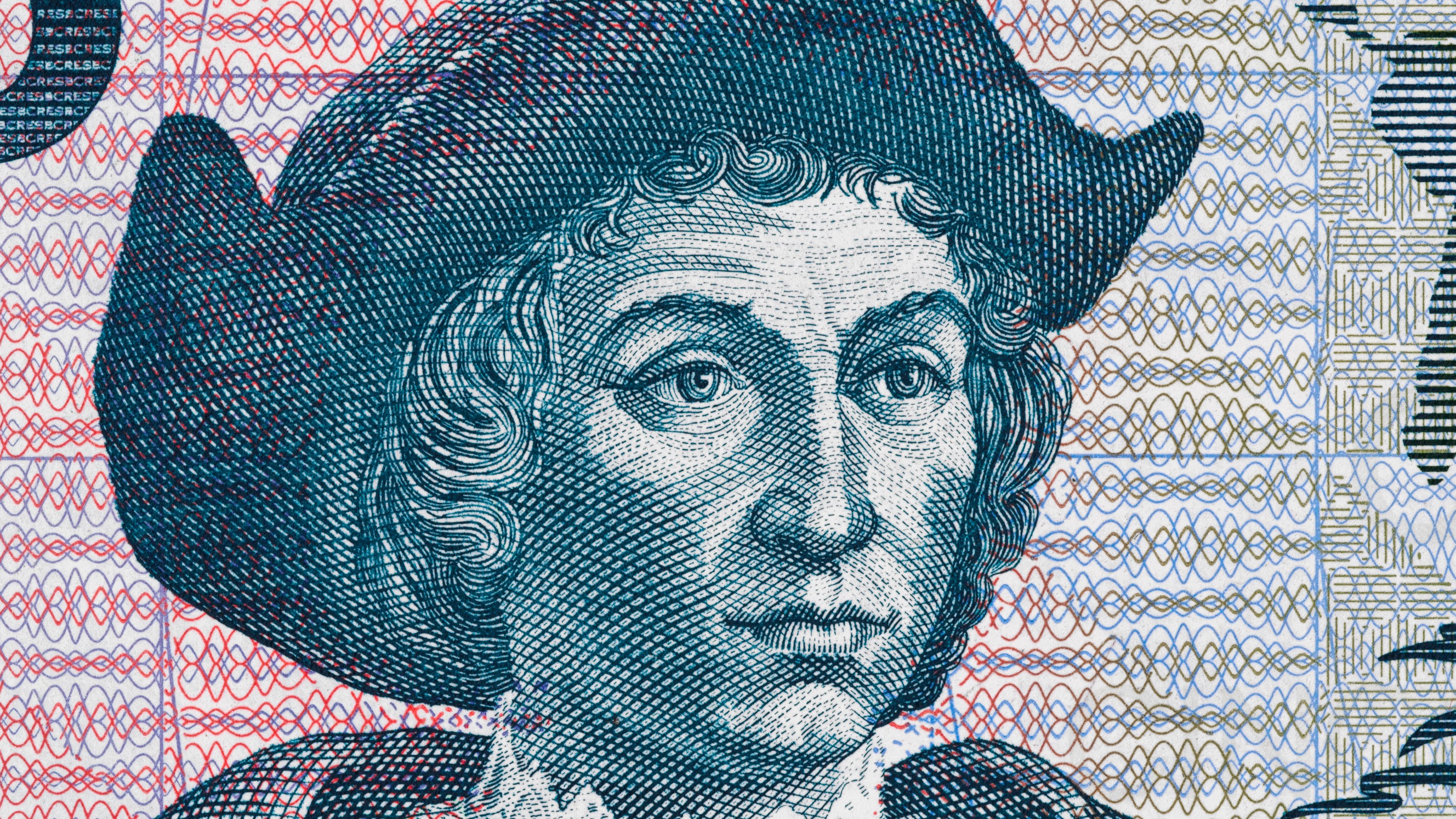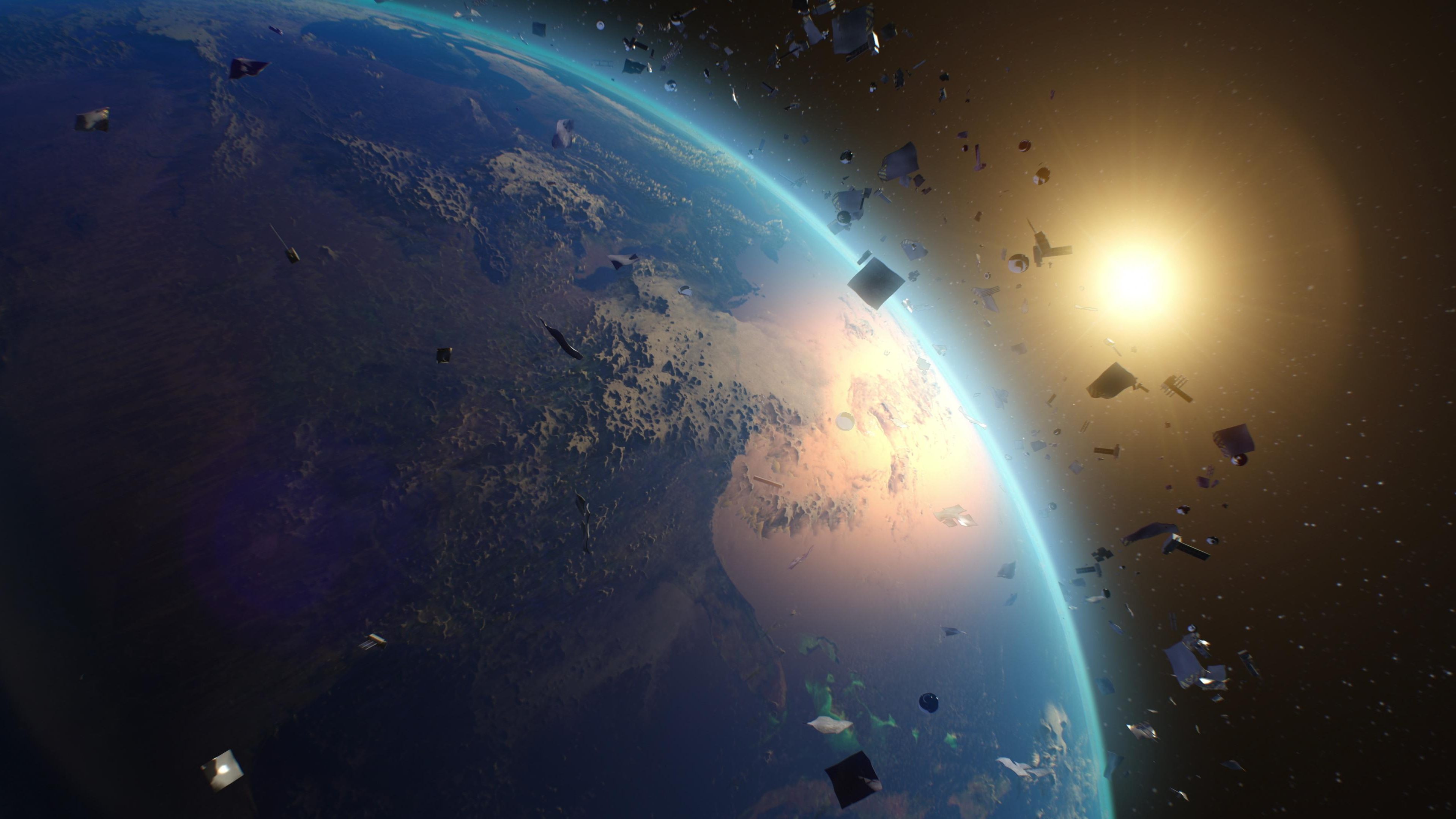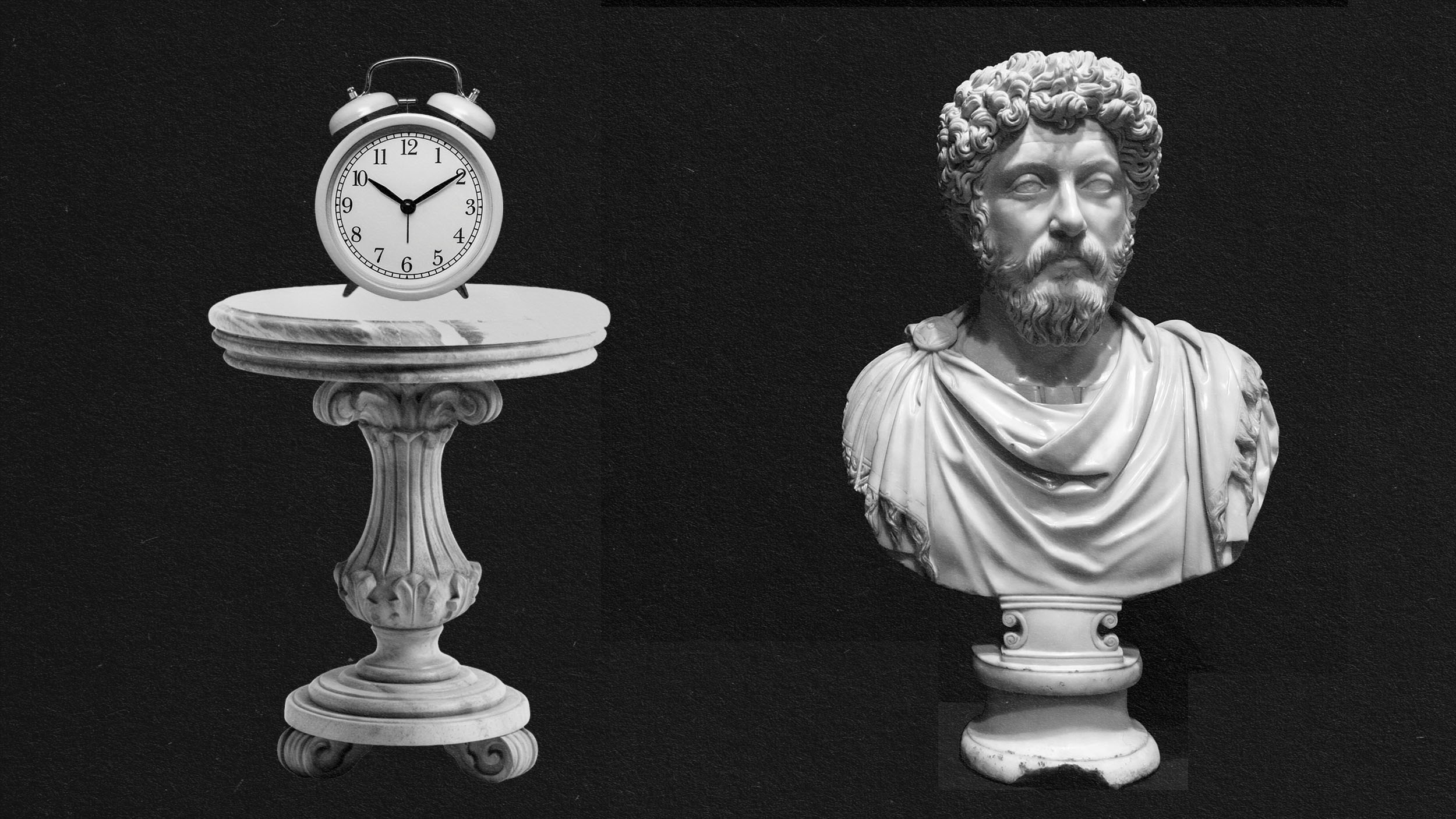history
A small Ohio town tried to escape America’s addiction to rectangular grids. It didn’t last long.
The truth may be out there — but it’s not in these close encounters of the third kind.
Or are cults the religions we find distasteful?
New radiocarbon dating reveals astonishing insights.
These scrolls are the only remaining intact library of ancient Rome — and they will crumble at a touch.
The National Defense Education Act of 1958 meshed with white anxiety about the desegregation of schools.
Here’s the case for why science can’t keep ignoring human experience.
The Trojan War was fought in Finland and Ulysses sailed home to Denmark, says one controversial theory.
Big Think spoke with historian Marc-William Palen about the egalitarian aims of the free-trade movement in past centuries.
Leap day only comes once every four years, including in 2024. But the reason we have it, including when we do and don’t, may surprise you.
Esperanto was intended to be an easy-to-learn second language that enabled you to speak with anyone on the planet.
In 1924, sociologist and social reformer Caroline Bartlett Crane designed an award-winning tiny home in Kalamazoo, Michigan.
Archaeologists have identified what may be Europe’s oldest human-made megastructure.
In revolutionary Russia, a group of forward-thinking philosophers offered an alternative to both futurism and communism.
The Uros of Lake Titicaca live on floating islands made from reeds. How did they get there?
The study suggests that human ancestors expanded across Europe faster than previously thought.
Human civilization has always survived periods of change. Will our rapidly evolving technological era be an exception to the rule?
Five times in U.S. history, American presidential candidates have ascended to leadership despite lacking the popular vote. Here’s how.
“She understood me and I understood her. I loved that pigeon.”
The world’s highest mountain is also the world’s highest cemetery, with some bodies serving as creepy landmarks for today’s climbers.
Adrie Kusserow, an anthropologist and scholar of Buddhism, shares how her study of the religion and its history has reshaped her view of the world — and herself.
New DNA analyses raise questions over the theory that Christopher Columbus and his men brought syphilis to Europe.
Skilled hunters adapted to the changing landscape and left tantalizing clues to who they were.
Millennia ago, philosophers like Anaximander grasped that nature is the ultimate recycler.
Uncovering the story of Milan Hausner, the Sadská clinic, and LSD psychotherapy behind the Iron Curtain.
Archaeologist Bernard Frischer spent decades uploading the ruins of the Eternal City to the cloud. Here’s what it looks like.
Napoleon Bonaparte was a man of many faces. European historian Michael Broers explains which are featured on the silver screen and why.
With the invention of the leap year, the Julian calendar was used worldwide for over 1500 years. Over time, it led only to catastrophe.
Like many of us, the Roman emperor Marcus Aurelius hated waking up early, but his stoic philosophy always helped him get out of bed.



